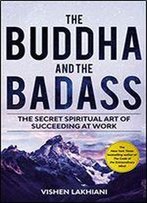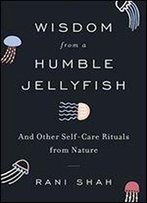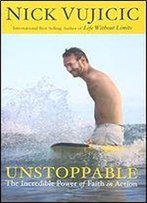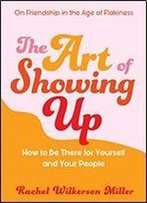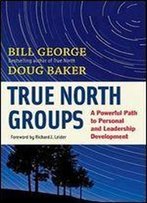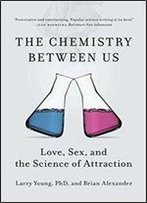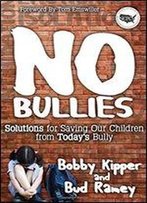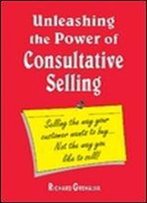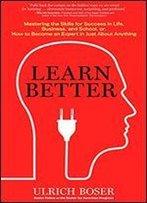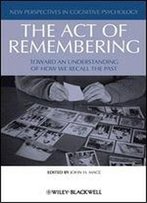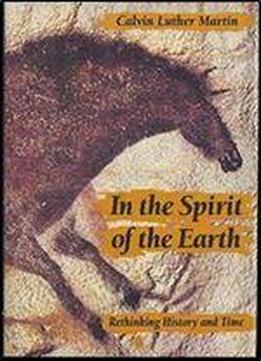
In The Spirit Of The Earth: Rethinking History And Time
by Calvin Luther Martin /
1992 / English / PDF
6.3 MB Download
This meditation by an award winning historian calls for a new way oflooking at the natural world and our place in it, while boldly challenging theassumptions that underlie the way we teach and think about both history andtime. Calvin Luther Martin's In the Spirit of the Earth is a provocativeaccount of how the hunter-gatherer image of nature was lost&ndash with devastatingconsequences for the environment and the human spirit.
According to Martin, our current ideas about nature emerged during neolithictimes, as humans began to domesticate animals and farm the land. In thehunter-gatherer mind, animals and plants were spiritual beings and the earth areliable provider. But in neolithic innovations Martin finds the roots of ourown curiously alienated relationship with other living things and with theearth itself. This alienation is revealed not only in our artifice&ndash thetechnology that moves us further and further away from nature&ndash but even in theway we speak about the world. It is revealed most dramatically, perhaps, inthe horrific destruction we have visited on animals and landscapes. Martin sees the shift to agricultural economies as a change in spiritual imagination. This new approach to food getting meant a new understanding ofourselves and the world&ndash a new, powerful image of the self relative to plantsand animals. It led to food surpluses, a population boom, the appearance ofcities and ceremonial centers, and the emergence of priestly classes and rulingelites&ndash in short, to all the achievements, follies, and horrors of"civilization."
Martin argues that history&ndash his own discipline&ndash and human centered historicalconsciousness lie at the heart of this ultimately destructive ideology. Notions of order and progress, of a chosen people and linear time, fuel oursense that the world is ours to improve, exploit, and even destroy. We need torediscover the wisdom and sanity of less presumptuous ideas of nature&ndash aprocess that demands a much larger narrative than historians have been writingand telling. Without calling for a return to hunting and gathering, Martinasks if some of what we lost&ndash or left behind&ndash in the distant past might bereclaimed and used again. To make peace with the earth. To make peace withourselves.
